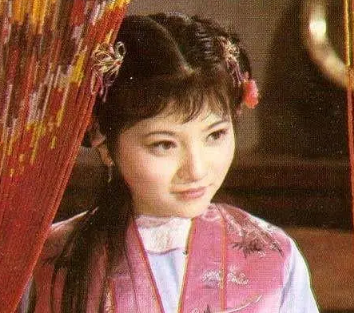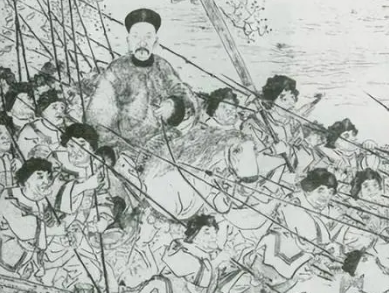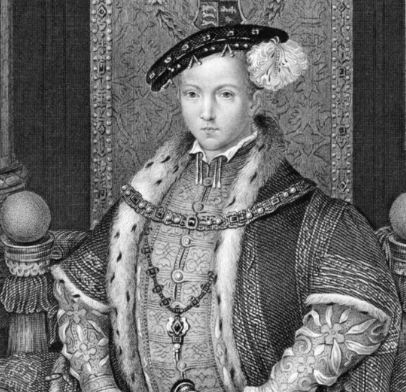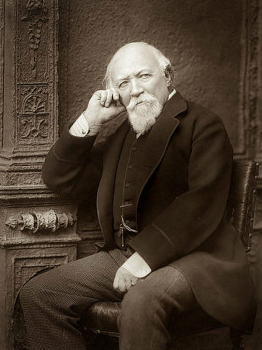In the turmoil of the late Eastern Han Dynasty, Dong Zhuo was a powerful official who dominated the court and the countryside. Among his subordinates, Hu Zou was a controversial figure. Why was he labeled as a "professional teammate-sabotaging" general? We need to explore this issue from a historical perspective.

As a general under Dong Zhuo's command, Hu Zou's loyalty has always been questioned. Historically, Hu Zou did indeed exhibit behaviors detrimental to his colleagues. According to the Records of the Three Kingdoms, during Dong Zhuo's reign, Hu Zou excluded and suppressed other generals due to jealousy and power struggles. Such behavior was not uncommon in the political environment of that time, but Hu Zou's approach was particularly noteworthy as he seemed to always undermine his colleagues at crucial moments.
The reasons for Hu Zou's behavior may be related to his personal character and the environment he was in. Under Dong Zhuo's leadership, the relationships between generals were filled with competition and mistrust. Hu Zou may have believed that suppressing his colleagues would consolidate his position and power. However, this approach ultimately led to his isolation in the military and affected the overall combat effectiveness of the troops.
In evaluating Hu Zou's behavior, we should not overlook the social background of that time. In the late Eastern Han Dynasty, the country was in chaos, with warlords ruling various regions, and centralized power had become a mere formality. In such an environment, personal survival and power became the most important considerations. Hu Zou's behavior, though unethical from today's perspective, was a survival strategy at that time.
Furthermore, Hu Zou's behavior also reflects issues with Dong Zhuo's leadership style. While Dong Zhuo wielded immense power, his control over his subordinates was not firm. His tyranny and arbitrariness led to internal instability and dissatisfaction, which fostered selfish behaviors like Hu Zou's.
In summary, Hu Zou was labeled as a "professional teammate-sabotaging" general due to his behavior of excluding colleagues and prioritizing self-preservation under Dong Zhuo's command. This behavior was a result of the combined influence of personal character, political environment, and historical background. In that turbulent era, Hu Zou's story reminds us that power struggles and the complexity of human nature are indispensable factors in historical development.
Disclaimer: The above content is sourced from the internet and the copyright belongs to the original author. If there is any infringement of your original copyright, please inform us and we will delete the relevant content as soon as possible.































